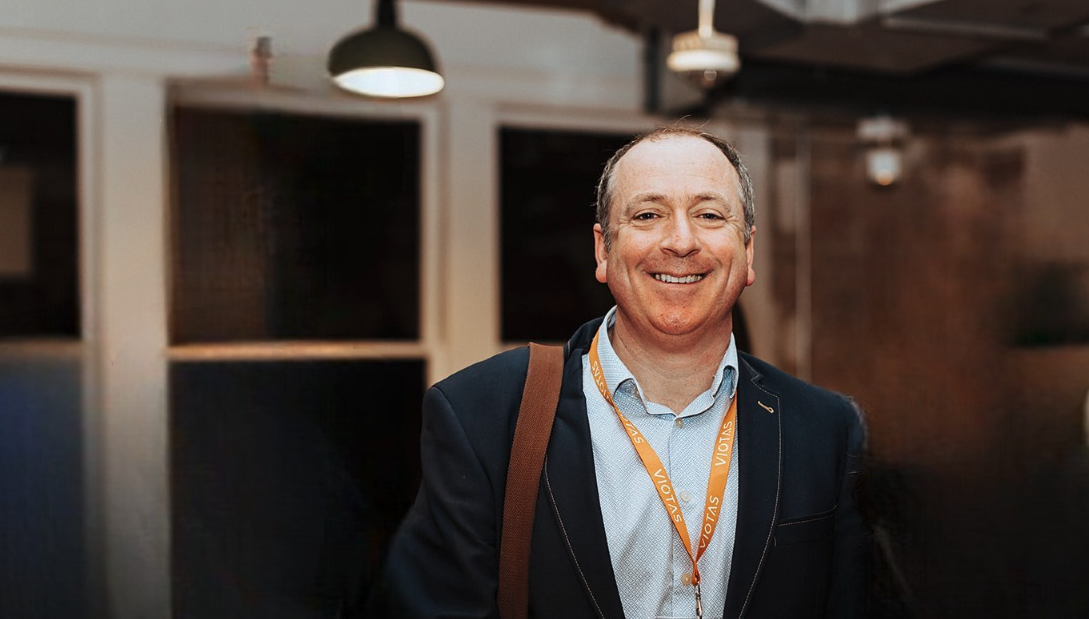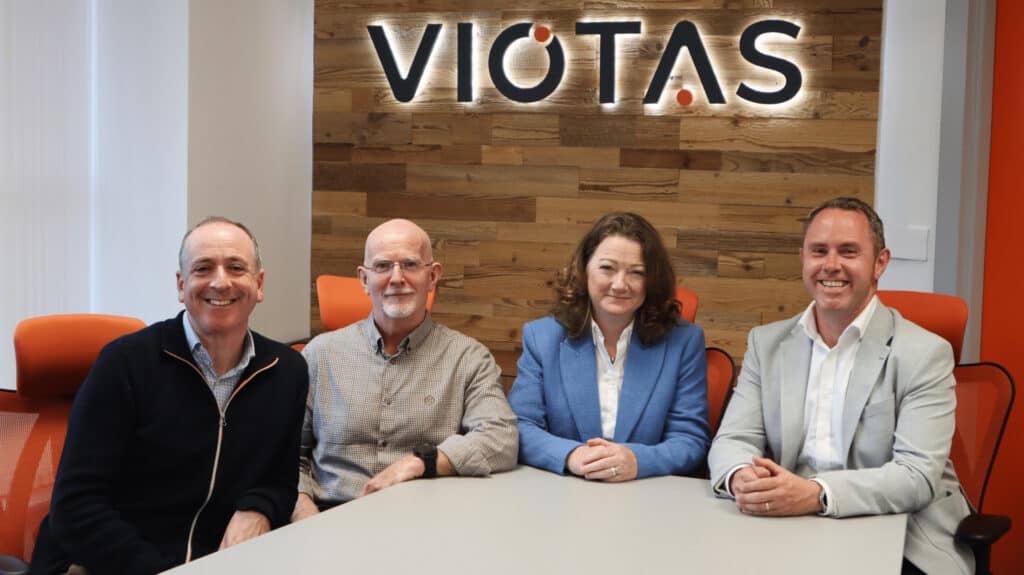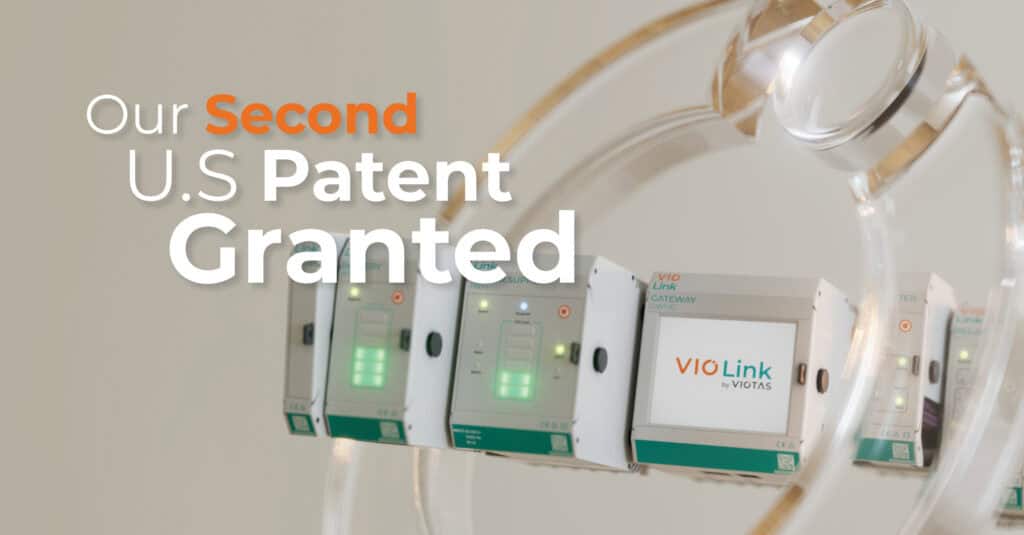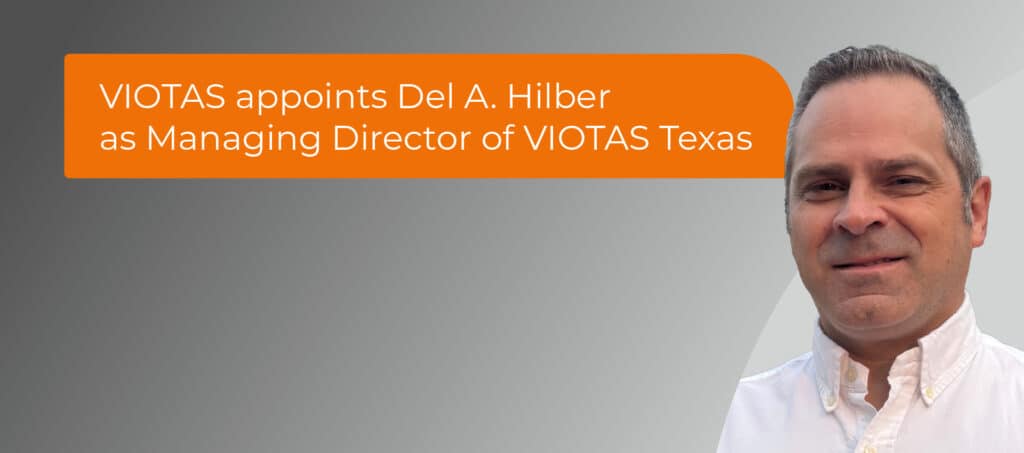
Electricity Exchange’s Commercial Director Duncan O’Toole Discusses The Growth Of Electricity Exchange On Newstalk
An excerpt from Newstalk 106-108fm Breakfast business. The entire morning segment can be found here.
Asked to describe what Electricity Exchange does and why it is such a key player in making renewable energy as attainable as possible for Irish businesses, Duncan simply explained it as follows: “A large energy user that might have a backup generator out the backyard that’s never used unless the grid goes down, what we do is we control that backup generator and aggregate numerous sites around the country and have it available for the grid when they need it”. We do this by using assets that are already there and available, reducing the need to build new carbon intensive options to meet future energy demands.
In the interview Duncan referred back to the foundation of Electricity Exchange. He mentioned how the targets of both the company and industry have evolved over time due to their technological advancements noting “When we started out there was a requirement that we could react in fifteen seconds.. I think we measure now 32,000 times a second” with new monitoring technology IoTAS, developed and designed in house to become a market leader which is already gaining attention abroad
As we look ahead to future prospects and endeavors, growth is the key factor pushing forward the ambitions of the company. Electricity Exchange will be filling positions in software development, sales and marketing in the Limerick based office as focus turns to international opportunities. “We’re already getting calls from Australia, Japan all around Europe..the next step is to license our technologies to other customers” We hope to keep you updated on further news as we continue to grow and strive towards becoming a globally recognised provider of energy monitoring excellence
Transcript
Gavin
Now my first guest this morning is the co-founder of one of Irelands most exciting start-ups. It’s called Electricity Exchange and its changing the way that this country uses its power and joining me now to explain it all is Duncan O’Toole who is the co-founder of electricity exchange. Good morning Duncan.
Duncan
Hi Gavin, thanks very much for having me here.
Gavin
Now Duncan, correct me if I’m wrong here but what your company does is the following: You monitor power usage at businesses around the country and then if the grid has a shortage of power you can reduce the power used by a business or you can trigger a backup generator and that means there’s more power for the grid. That’s basically what you do.
Duncan
That’s it exactly. what we would have recognised many years ago when we started out, well I say many, five years ago, is that technology has kind of progressed so much now that there’s other ways to look at dealing with balancing the grid. So, if you take typically a large energy user that might have a backup generator in the back yard that’s never used unless the grid goes down, what we do is we come along, we control that backup generator and we aggregate numerous sites around the country and have it available for the grid when they need it
Gavin
Am I right in saying Duncan that, this gives renewable electricity a greater impact on the grid?
Duncan
Yeah exactly! So, I suppose trying to get that leap from “How can a generator at the back of a factory help us bring in renewables quite easy?”. One of the things we have in Ireland and any country around the world is what I call a renewable paradox. So, what that means is that the more renewable energy that you have on that is typically intermittent, so think of a wind farm or think of a solar panel, because that can always go at the drop a dime, that you need to have something backup to reserve just in case that happens. Typically, on a grid you would have this paradox whereby the more renewable generation you have the more thermal kind of dirty coal, oil, gas, thermal generator you’ll have in backup or reserve.
Gavin
In case the wind doesn’t blow, or the sun doesn’t shine or whatever you have?
Duncan
Precisely! Exactly yeah. Because you have that balancing act of, must have enough electricity to meet demand etcetera. So, what we do is we say well look, what you can do now with technology is that you can use assets that are already there without pouring an ounce of concrete or putting up any pylons and what we’ve done since we started in the market four years ago is that we have our own equivalent power plant and our power plant will be, won’t be built anywhere, what we’re doing is controlling loads all around the country and it would be the equivalent of Ardnacrusha power station.
Gavin
Okay now if you’re turning down the power at a particular business to try and free up a bit of space on the grid, how do you know that you’re not going to do that business any damage. And I’m thinking of say if it was say a meat factory or something and they’ve got meat in the freezer. If you come along and turn the freezer off, that could now destroy all their stock so how do you guard against that?
Duncan
Certainly, that certainly was a challenge when we started out was just explaining to people how technology works, how we could offer that in a safe way and we would be in most household name; production facilities in the country. We’re talking pharmaceutical we’re talking food and were at that level because our technology is such that we’ve got this trust with the client. But essentially how it works easily is, if it’s a generator well then were just turning on a generator that were not turning off load. If say it’s a cement mill it will only turn off a cement mill when the cement mill allows us to do that. So, we don’t work, we work in front of the control panel for the cement mill. So, what we do is that we don’t turn it off. We request it to be turned off and if it suits the production there then they’ll turn it off. Same with a fridge, if you were in a meat factory you won’t be able to open the door of the fridge if you’re an employee if the temperature is a certain degree, we can’t turn off. So, Monitoring equipment does all that now
Gavin
Okay, how do you make money than Duncan, what’s your revenue model?
Duncan
Yeah, so how we did that is. So, just going back to that the concept is a virtual power plant, what we have now is the equivalent of a thermal generating station without any pylons in the ground, any cement being poured and what we do then is we offer that to the grid. And the grid, it’s not so much they pay you to turn on they pay you to be available to turn on and what that does is it gives it more resilience. So, if they think, tomorrow’s going to be a windy day they’re going to allow more wind on the grid, but they can only do that if they have backup in case the wind doesn’t turn up and many times it’s to allow them allow more wind on the grid without having to turn on a dirty power station somewhere.
Gavin
Ah, so its Eirgrid is who pays you? The grid manager.
Duncan
Eirgrid is our client I suppose so we will have, it’s a strange setup. We sell to Eirgrid but our customers our other clients are then the large energy users the guys with backup generation and load.
Gavin
Now you have ambitious expansion plans Duncan, tell me a bit about them.
Duncan
Yeah, exactly. So, when we started out five years ago we recognised that the technology behind this was quite basic when you looked around the world and, this is one of the things that struck me was that the biggest provider of electrical power plants in the world at the time was turning off and on its customers through telephone calls. So, ringing them up and saying “c’mere turn on your generator, turn off your fridge.” and we recognised that obviously as a unique selling point for us, we could just come up with a technology to do that. So, when we started out there was a requirement that we could react in fifteen seconds and our first product we could react in one second but our latest product IoTAS which is an internet based platform, and hardware that we’ve built ourselves, took us four years to build, that would react in I think we measure now 32,000 times a second. So, what we’re getting to now is the next kind of, the future of demand side so the example I gave before was at 12 o’clock tomorrow will we have enough of this backup generation to allow more wind? But what happens if at 12 o’clock tomorrow the wind turns up but for a few milliseconds, it stops. What you need now is something that will react in milliseconds and that’s what our technology does.
Gavin
Okay.
Duncan
So, if you could think of anything that’s on a thermostat, anything that you know, what we call load that’s not needed for milliseconds that’s what well do, we’ll turn off and on for mayby ninety seconds and that’s huge backup through the grid and that’s a very expensive service as something that we pass on to our clients then.
Gavin
I think you’re looking at expanding to a number of different foreign countries, Duncan what are your ultimate ambitions for this business? I mean do you want to become sort of a publicly listed giant of the industry. What are we looking at?
Duncan
Yeah, were a very ambitious company. We started off with just myself and Paddy Finn the co-founder five years ago. We have upwards of nearly thirty staff now. We’ll have that doubled by twelve months we expect. One of the things to know about virtual power plants and technology is that Ireland is a great petri dish for the rest of the world because Ireland if you imagine is one of the least interconnected countries, physically interconnected countries in Europe. So, if we’ve a problem with energy, we need to find a solution and that problem is going to expand to other countries as they reach, try to reach renewable targets. So, if you think Germany is saying it wants to be 100% renewable in the next five years…
Gavin
They’ll need the backup tech.
Duncan
Exactly! So, a lot of people see Ireland as a great kind of bellwether For the rest of the world so our technology being one of the best in class in Ireland is a great calling card for the rest of the world. We’re already getting calls from Australia, Japan all around Europe obviously. Our next move is to now look at our technology. When we started out five years ago we built technology for ourselves as customers but now what we want to do is license our technology to other customers.
Gavin
Okay well Duncan we wish you the very best of luck with that. That is Duncan O’Toole who is the co-founder of Electricity Exchange. Well be back after this short break.
Duncan
Thank you very much.


